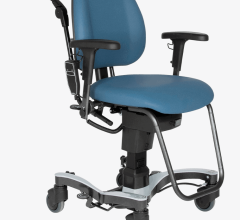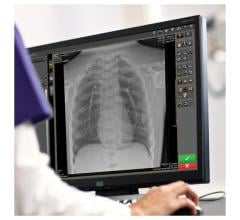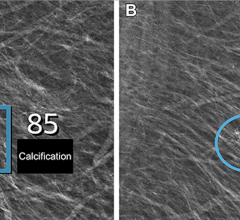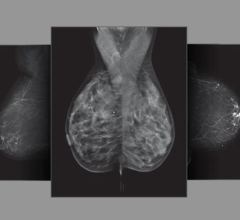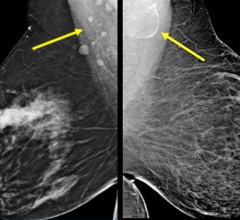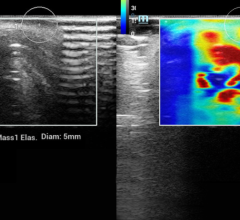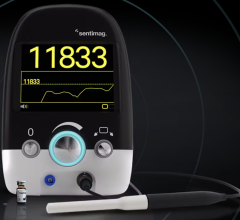October 6, 2014 — VuComp Inc. announced its commitment to the education and support of medical professionals who dedicate their lives to the early detection of breast cancer. VuComp will be hosting a series of educational programs throughout the United States as Breast Cancer Awareness Month commences.
VuComp has partnered with the American Society of Radiologic Technologists (ASRT) to offer continuing education (CE) programs to existing customers and members of the medical community who wish to learn more about the latest advances in breast density and computer-aided detection (CAD). The programs offered are: The Reality of Breast Density (1 CE Credit); Breast Density Challenge (3 CE Credits); and, The History of Mammography CAD (1 CE Credit). Events are currently scheduled in major cities around the country including Atlanta; Memphis, Tenn.; Nashville, Tenn.; Kansas City, Mo., St. Louis’ Oklahoma City, Phoenix, Ariz.; Albuquerque, N.M.; Columbus, Ohio; Cincinnati; Minneapolis; and Denver.
In addition to the CE programs, VuComp will be hosting a webinar Nov. 5 at 12 pm EST titled, “Decreasing Legal Liability — A Breast Density Screening Update.” The webinar will be presented by Bonnie Rush RT, (R), (M), (QM). Rush is a nationally recognized author, lecturer, consultant and expert witness. The impact of breast density notification continues to gain momentum as now 19 states require that physicians notify women of their breast density following their mammogram. In addition, national breast density notification legislation has been introduced to the U.S. Senate. This webinar will explore the effects of notification, the potential legal ramifications of false negatives, as well as the need to standardize breast density assessment.
“VuComp is proud to invest in the education and training of our customers and other medical professionals,” said Jim Pike, president and CTO of VuComp. “We believe that through ongoing learning, the role of advanced computer algorithms in assessing mammograms for potential cancers in conjunction with accurate breast density assessment will continue to gain broad acceptance and improve early detection.”
For more information: www.vucomp.com


 July 29, 2024
July 29, 2024 

